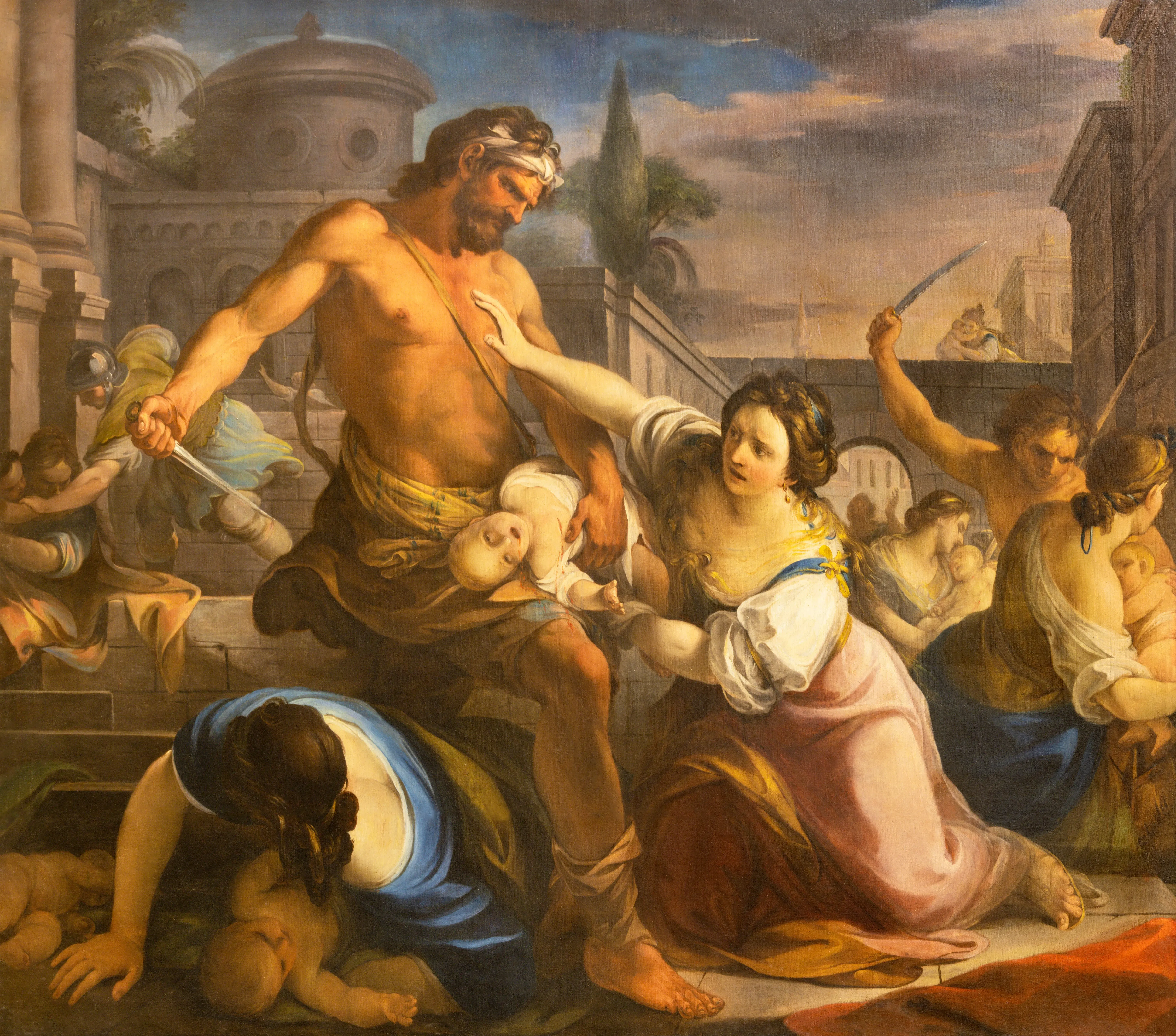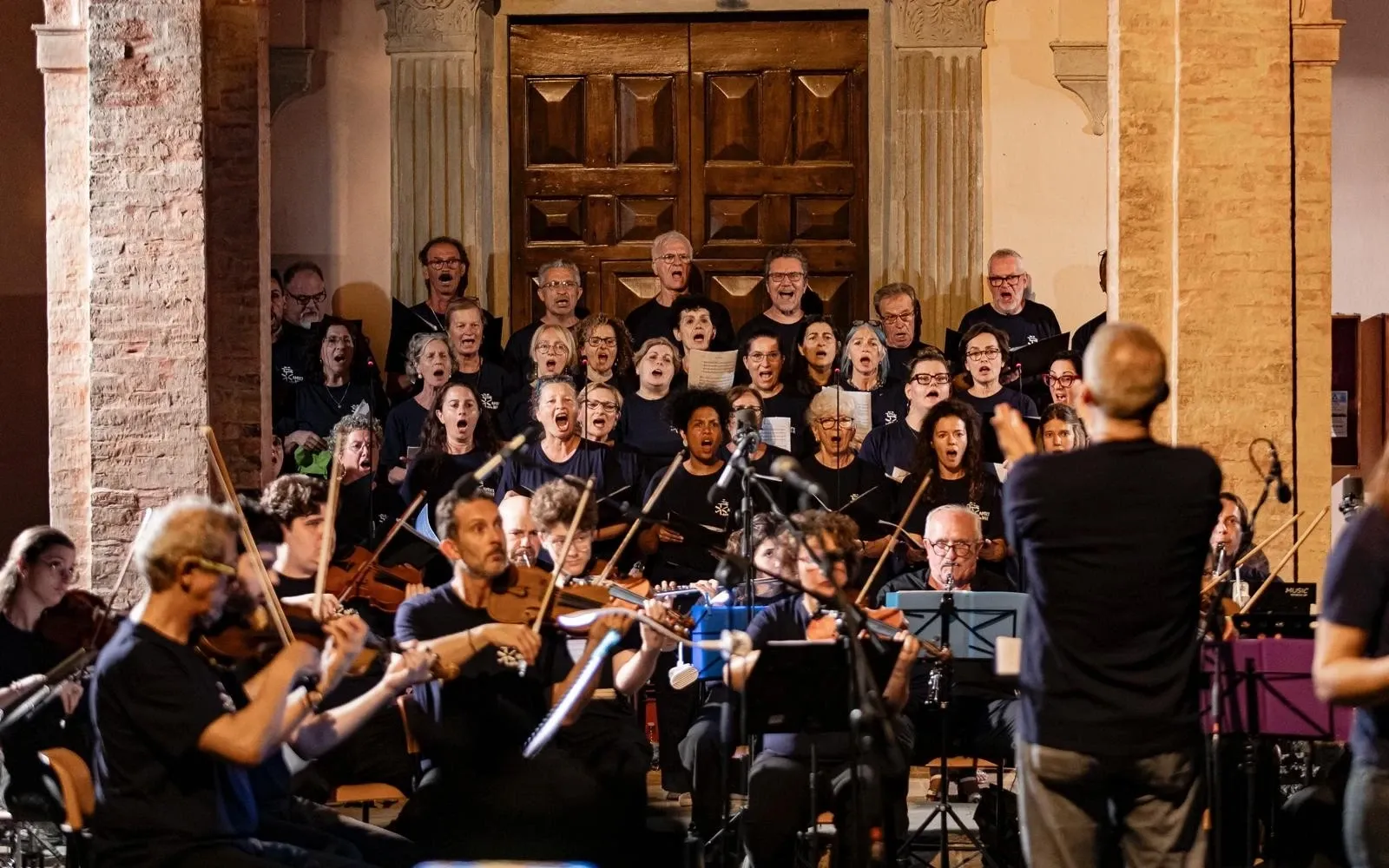In a 2016 letter marking the Feast of the Holy Innocents, Pope Francis acknowledged that “Christmas is also accompanied, whether we like it or not, by tears.” He pointed to St. Matthew quoting the prophet Jeremiah, when he describes Rachel weeping for her children.
“It is the sobbing of mothers bewailing the death of their children in the face of Herod’s tyranny and unbridled thirst for power,” the pontiff related.
This cry continues today, he added.
“Today too, we hear this heart-rending cry of pain, which we neither desire nor are able to ignore or to silence,” he continued. “In our world — I write this with a heavy heart — we continue to hear the lamentation of so many mothers, of so many families, for the death of their children, their innocent children.”
What does this have to do with abortion?
(Story continues below)
The United States Conference of Catholic Bishops recognizes the slaughtered innocents as the patrons of children, babies, and foundlings. In particular, the USCCB Committee on Pro-Life Activities has set aside this feast day to “pray for all mothers who have suffered the loss of their children through abortion.”
“May this feast inspire us to protect the lives of the innocent unborn in our society with greater zeal,” the committee shared on Twitter in 2019.
In 2020, in remembrance of the feast day, Bishop Michael Burbidge of Arlington, Virginia., tweeted: “Herod did the unthinkable and murdered holy innocent babies. In our age, infants are killed daily through the horror of abortion. In honor of the Holy Innocents, whose feast we celebrate today, we pray for an end to abortion and for the protection and safety of all children.”
How are they martyrs if they did not know Jesus?
The Catechism of the Catholic Church, which summarizes official teaching, defines martyrdom as “the supreme witness given to the truth of the faith: it means bearing witness even unto death.”
According to St. Augustine, the Holy Innocents are indeed martyrs.
“The precious death of any martyr deserves high praise because of his heroic confession; the death of these children is precious in the sight of God because of the beatitude they gained so quickly,” he is quoted as saying. “For already at the beginning of their lives they pass on. The end of the present life is for them the beginning of glory.”
He concluded, “These then, whom Herod’s cruelty tore as sucklings from their mothers’ bosom, are justly hailed as ‘infant martyr flowers.’”
Katie Yoder is a correspondent in CNA's Washington, D.C. bureau. She covers pro-life issues, the U.S. Catholic bishops, public policy, and Congress. She previously worked for Townhall.com, National Review, and the Media Research Center.








